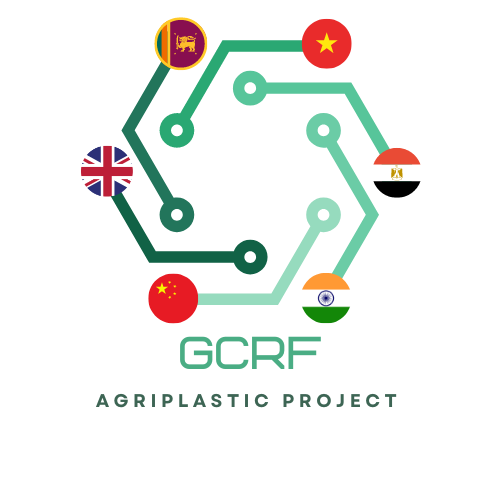Do agricultural microplastics undermine food security and sustainable development in developing countries?
Over the last 50 years, many governments and overseas aid agencies have actively encouraged the use of plastics within agriculture to promote greater resource use efficiency and food security. The adoption of plastic mulch films in particular has transformed the livelihoods of millions of smallholder farmers across the world, but this has been achieved at a large environmental cost. Difficulties in removing plastic from fields, a lack of appreciation of its impact on agroecosystem health, and socioeconomic and practical barriers to disposal have left a plastic pollution legacy that will last for many generations to come. Our project aims to critically evaluate the environmental and human health risks posed by legacy plastics, to devise effective methods and social structures to prevent further accumulation and to find ways to remediate plastic contaminated fields.
